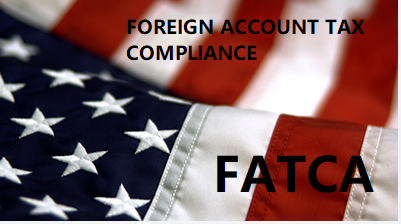Tax Evation Prevention
The Intergovernmental Agreement for Foreign Account Tax Compliance Act (IGA for FATCA) is a bilateral agreement between the United States and foreign governments to facilitate the implementation of the Foreign Account Tax Compliance Act (FATCA).
FATCA is a US tax law that requires foreign financial institutions (FFIs) to report information about US account holders to the Internal Revenue Service (IRS). The law was enacted to combat tax evasion by US taxpayers who hide assets in offshore accounts.
FATCA, was initiated by the United States government. It was enacted by Congress as part of the Hiring Incentives to Restore Employment (HIRE) Act in 2010. The purpose of FATCA is to prevent tax evasion by U.S. citizens and residents who hold assets in foreign financial institutions by requiring those institutions to report information about those assets to the U.S. IRS.
The agreement allows foreign governments to comply with FATCA by requiring FFIs in their countries to report information about US account holders to their local tax authorities, who then share the information with the IRS. This approach avoids the need for FFIs to report directly to the IRS, which can be difficult for institutions operating in countries with strict data privacy laws.
Report Model
There are two types of IGAs for FATCA:
- Model 1 requires FFIs to report information to their local tax authorities, who then exchange the information with the IRS.
- Model 2 requires FFIs to report directly to the IRS, but with the oversight and assistance of their local tax authorities.
Many countries have signed IGAs for FATCA with the US to facilitate compliance with the law and avoid potential penalties for non-compliance. The IGA for FATCA has been criticized by some for its potential impact on data privacy, but it is considered a key tool in the fight against offshore tax evasion.
Also read Tax information exchange

